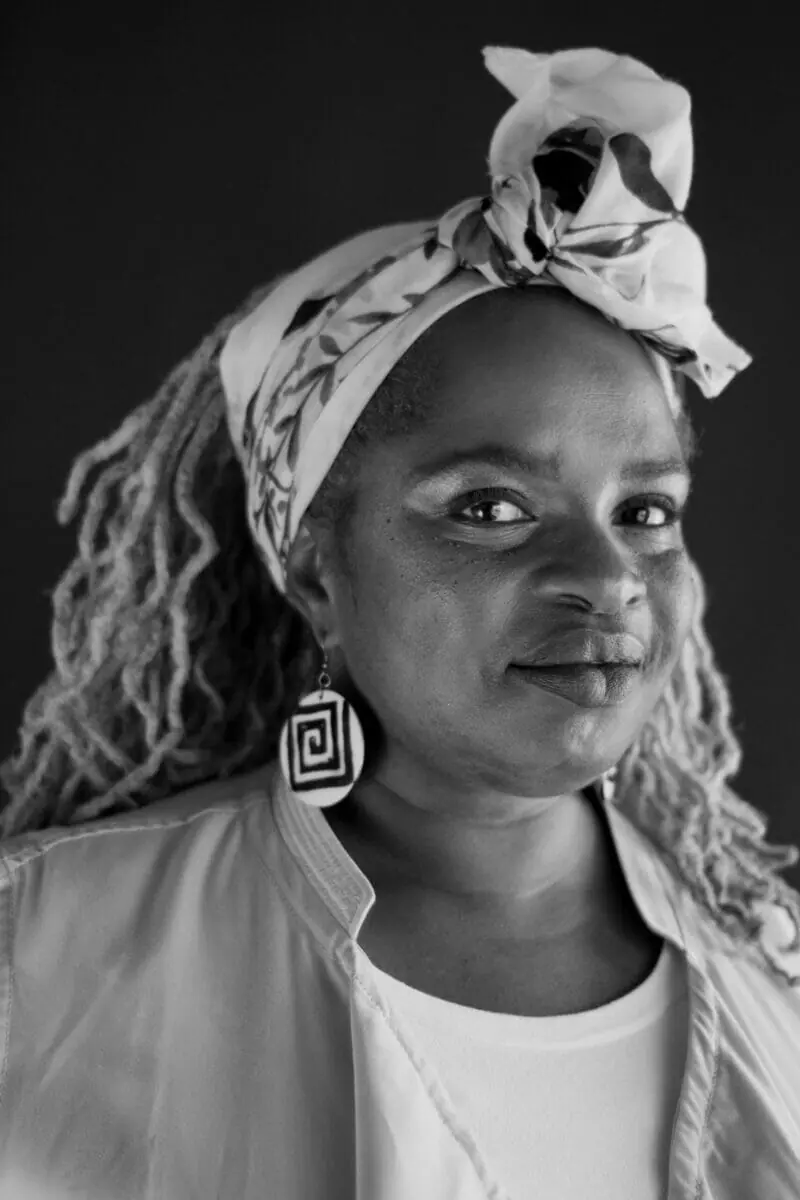An online meeting for Black students at Dalhousie University became the scene of a racist attack on Jan. 20, 2021 after uninvited users intruded on the Zoom call yelling anti-Black racist and homophobic language.
The attack took place at a Chair Chat hosted by OmiSoore Dryden, the James R. Johnston chair in Black Canadian studies in Dal’s faculty of medicine. Chair Chats are a space for Black students in health professions and graduate school to come together as a community and discuss anything they’d like.
Despite the attack, Dryden said the event continued.
“The fact that white people inserted themselves into the space doesn’t define nor determine what the space is. We know what the space is,” Dryden said in an interview with the Dalhousie Gazette.
“They were the intruders in that space and so we will cleanse our space. We will restructure our space and we will have our space,” Dryden said.
The attack

According to Dryden, the attack began while students were joining the Zoom call.
Chair Chats are usually made up of a fairly consistent group of students, but Dryden began to notice unfamiliar names join the meeting. After asking them to turn on their cameras and introduce themselves, the users began spewing racist, misogynist and homophobic language, Dryden said.
Dryden then ended the meeting and created a new call for students, where the event was able to continue.
In an email to students on Jan. 21, Dal President Deep Saini and Theresa Rajack-Talley, vice-provost of equity and inclusion, said the attacks were “abhorrent, unwelcome and fundamentally against Dalhousie’s values.”
According to the email, Dalhousie IT and security services are attempting to identify the attackers. The meeting was not recorded. The Gazette reached out to Dalhousie asking if there are any updates in this process, but the university did not respond before publication.
Racism still exists in the community
Dryden said the attack was “simultaneously unsurprising and surprising.” Zoom intrusions are an issue they have dealt with before, but this doesn’t make the attacks any less startling or upsetting, Dryden said.
In September, Dryden took part in the virtual launch of the National Black Graduate Network, which was also attacked, they said.
Dryden is also co-president of the Black Canadian Studies Association, who published tips on protecting the security of online events in January after several of their members “had such negative and harmful experiences online,” the Association said in a recent statement.
Dryden said these virtual attacks on exclusively Black spaces are born out of a history of white supremacy.
“There’s an expectation that a group of Black people will always stop what they’re doing or interrupt what they’re doing in order to be in service to white people or white supremacy,” Dryden said. “That extends to how we occupy space, whether it’s virtual or in real life.” Dryden equates this racist expectation to the way immigrants may be told to stop speaking their native language in public because white people feel entitled to understand what is said.
Dryden said the attackers “were gleeful, like they were really enjoying what they were doing.”
“I think it’s important to talk about that,” Dryden said. “Because I think people like to say that those who are engaged in racist behaviour are ignorant or don’t know, and they just need more education.”
To effectively combat racism in the Dal community, Dryden said white faculty, students and community members need to directly address situations like this and discuss why Black students have legitimate reason to gather in spaces exclusively for them.
“How do we stigmatize the racist behaviour as opposed to feeling stigmatized because we’ve been targets of racist behaviour?” Dryden said.
Importance of Black spaces on campus
“Black people having Black only spaces is not reverse racism. It is not segregationist. It’s protectionist,” Dryden said.
Dryden said Black students can often have a tenuous relationship with their universities. For example, in June 2020 a Black student at the University of British Columbia was racially profiled by campus security attempting to access an office. The Chair Chat demonstrates to Black students that they are supported by the university administration to use campus spaces as they please, Dryden said. Importantly, it’s not simply a space for students to discuss racism, Dryden said.
“We’re not centred on whiteness in that space. We are talking about what anyone else would be talking about. But with an understanding that we’re having this conversation through these lenses of Blackness,” Dryden said.
The existence of those lenses is part of what makes these spaces so important, Dryden said. “You don’t need to, quote unquote, waste time or take space explaining Blackness,” they said.
Dryden introduced the Chair Chats after being named the James R. Johnston chair in Black Canadian studies in 2019. It was a priority of theirs that Black students have a Black-only space on campus.
“I will continue to do that for as long as I’m chair, and I’ll continue to do it possibly even after I’m chair, in another version,” Dryden said.


Recent Comments